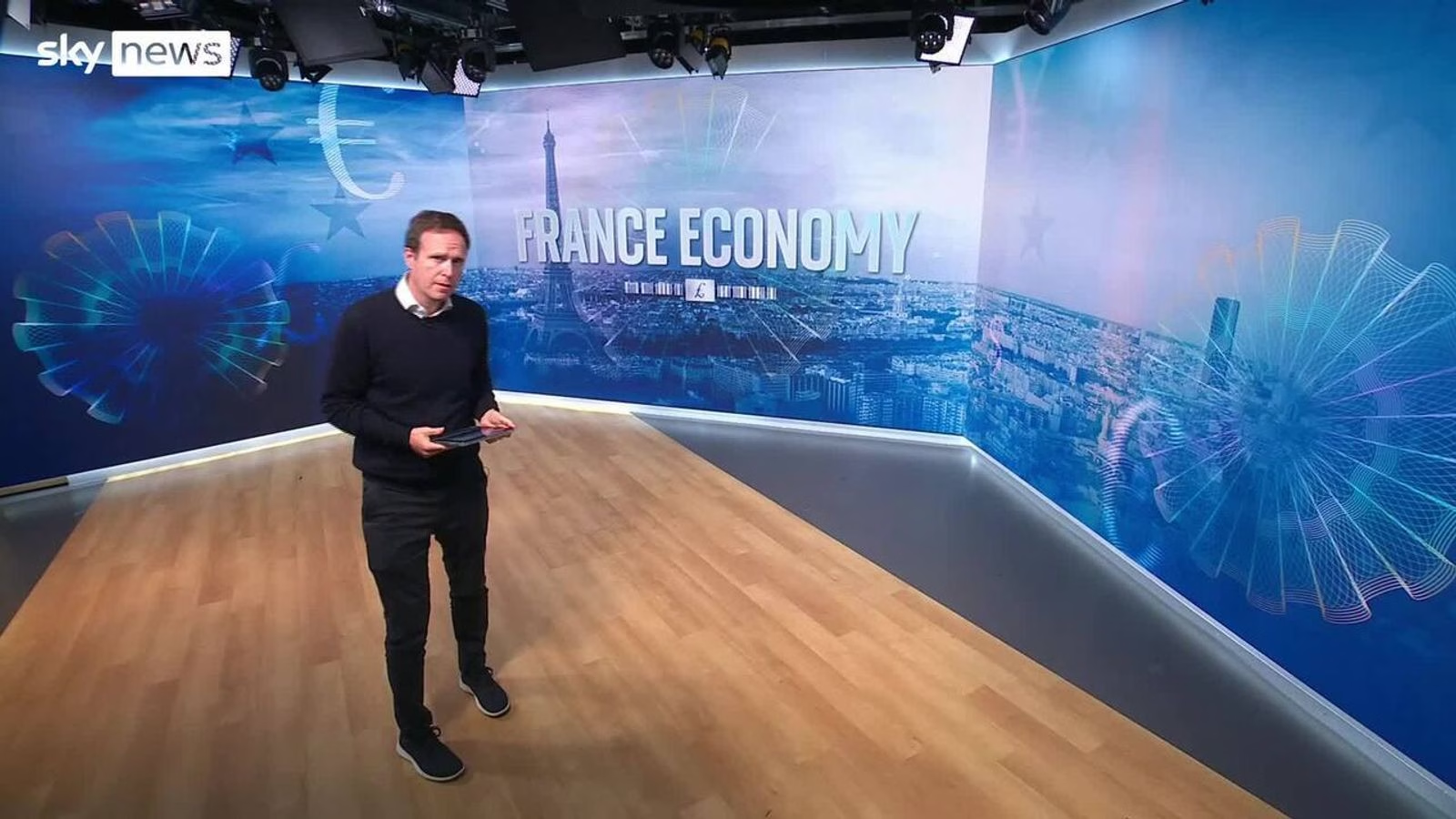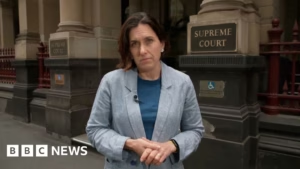However, times have changed. Today, the spotlight shines on France as Europe’s problem child. Interestingly, France now faces even higher interest rates than Greece, making it the focal point of Europe’s economic concerns.
These financial straits are at the heart of France’s current political struggles, with prime ministers resigning after parliamentary setbacks. The state of public finance is a central issue, as France’s deficit is among the highest in the developed world.
While many countries spent extensively during the pandemic, France has found it particularly challenging to reduce its spending and deficit. This has led to successive budget plans being announced and then dropped due to political resistance.
France’s government spends more as a percentage of GDP than any other developed economy. The latest budget plans called for minor spending cuts, which were still deemed too controversial by French politicians.
A deeper issue is that France’s economic woes aren’t just a sign of political resistance but also a result of a long reliance on strong productivity growth. The country’s citizens might not work the longest hours, but their productivity was high, resulting in significant economic output.
However, French productivity has fallen short in recent years, dropping below other nations. This decline in productivity has resulted in reduced tax revenue, making the deficit larger.
Due to these reasons, many, including Prime Minister Francois Bayrou, warn that France is at risk of a market collapse. He recently pointed to Liz Truss and her 2022 mini-Budget as an example, cautioning against underestimating the proximity to a crisis.
Source: https://news.sky.com/story/economic-crisis-in-france-goes-beyond-its-overspending-problem-13426953











